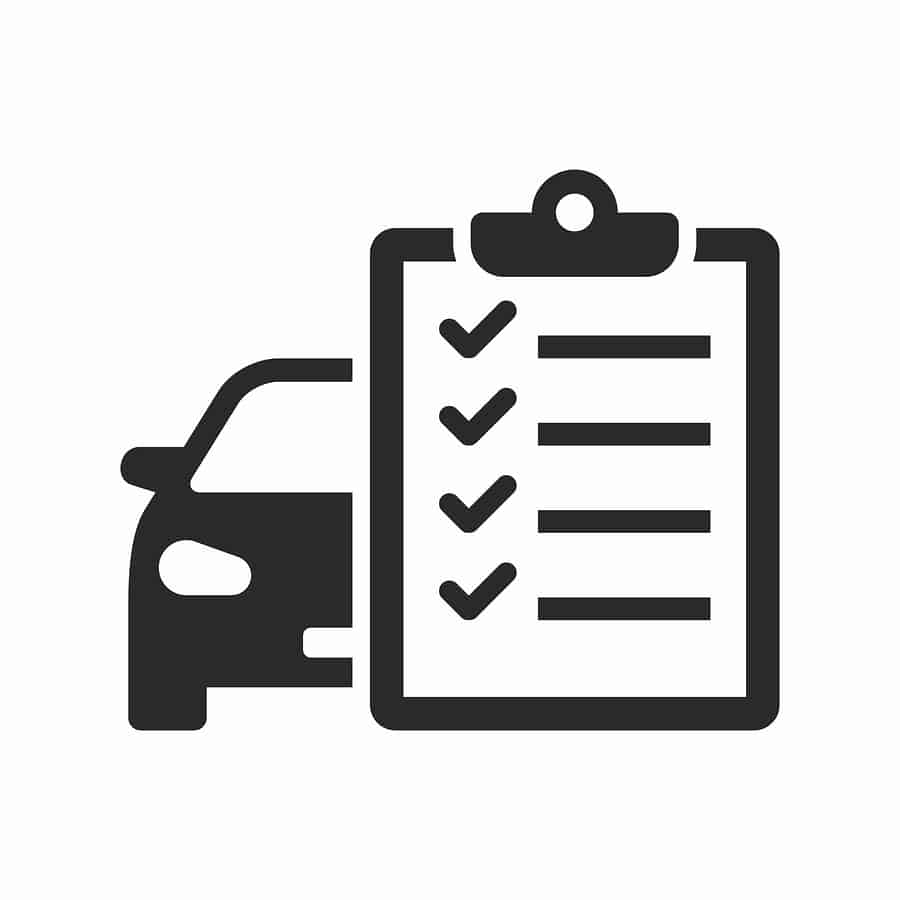
A Little History
Believe it or not the HPI check has been in existence since 1938 when it was originally created to combat theft of vehicles through finance schemes. With one too many families finding out that their new car was actually the property of a money lending company rather than the seller a little too late, the check was introduced to ensure the provenance of any vehicle. Remember that this was around 40 years before the serious rise of microcomputing, truly putting the base in database.
After 1945 the police added stolen car information to the check and in the 1980s insurance companies made the unilateral decision to add in crash history, to ensure that people could get a picture of how the car had spent its years on the road. With the modern day check now encompassing over 80 individual data points, this is exactly what the doctor ordered when it comes to giving you peace of mind over a new purchase.
What Do You Get?
The following information comes as standard with your HPI check. Expect to get details in all these areas:
- Theft – has the car been stolen? Are you buying your vehicle off the real owner or could you be the latest in a chain of handling illegal goods?
- Write-off – less than scrupulous dealers will try to get even the most damaged cars back on the road when they are no longer fit for purpose. Avoid this nightmare purchase.
- Finance or loans – the original reason behind the HPI check – don’t buy a car that doesn’t belong to the person doing the selling. If you part with your money it may be too late.
- Previous owners – find out who else has been behind the wheel of a car over the years as with a string of different owners, it may be that a bad vehicle has been passed around.
- VIN and chassis numbers – check that all the parts match up and that you are not the victim of a cut and shut or that the engine isn’t quite the full ticket amongst other potential problems.
- MoT status – is the MOT status of the vehicle true and factual? Ensure that you are looking at a genuine piece of documentation.
- Scrapped vehicles – even worse than some write-offs, make sure the vehicle you are buying hasn’t been condemned as undrivable or fit for travel out on the road.
- Number plate changes – access the DVLA records to ensure that your car has the right number plates and certification as you’d expect.
- Mileage – how many miles has the car done over the years? With the HPI check you get access to over 200 million milometer readings.
- Imported and exported vehicles – has your vehicle been bought in from overseas climes making it a bit tougher to ensure, or is it registered overseas as exported meaning it shouldn’t even be here?
- Road tax and fuel costs – find out how much the vehicle is likely to cost you in terms of emissions tax and the average cost of fuel over 12,000 miles.
What doesn’t show up
As you would expect the HPI check is by no means exhaustive. It cannot tell you everything you need to know about a car. For instance, you may find out that a vehicle has experienced multiple owners over its lifetime, but it doesn’t give you the inside track on whether this was an old accountant or a hell-raising teenager, which could make a big difference to how those miles on the clock were accrued.
Equally it may be tough to find out how a car has fared over the years with minor crashes and collisions. The check only gives you the downlow on whether the car has been written off and doesn’t let you know if there have been regular engine problems or failures – which could be useful info to have before you part with your money.
How to get a HPI Check?
There are now several services that will give you access to an HPI check. These can be accessed through a third party such as the RAC or via one of many text message services. Usually there is a financial cost involved in getting the check details, but this can be reduced if you are checking multiple cars at once – so if you have been out doing the rounds looking for a car then it may be preferable to check them all at once.







.png)
Pingback: The How to Buy A Car On eBay Guide - BreakerLink Blog
Pingback: Dodgy Car Dealer and Seller Tricks - BreakerLink Blog